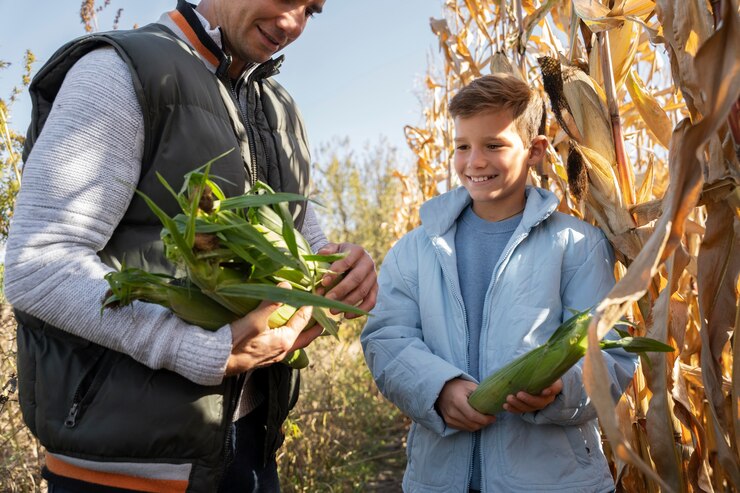Introduction to Sustainability in Agriculture and Its Importance
Sustainable farming practices have become increasingly important in today’s agricultural landscape. As concerns about environmental degradation, climate change, and food security grow, farmers are being urged to adopt eco-friendly practices that promote sustainability. By focusing on environmentally responsible methods, farmers can protect natural resources while ensuring long-term agricultural productivity.
Overview of Eco-Friendly Practices (e.g., Organic Farming, Crop Rotation)
There are several eco-friendly practices that farmers can implement to enhance sustainability. Organic farming is one such method that emphasizes the use of natural inputs, avoiding synthetic chemicals and fertilizers. Crop rotation, which involves alternating crops in a specific sequence, helps improve soil health and reduce pest populations. Other practices include integrated pest management, cover cropping, and agroforestry, all of which contribute to a more sustainable farming system.
The Benefits of Sustainable Practices for the Environment and Farmers
Adopting sustainable farming practices offers numerous benefits for both the environment and farmers. For instance, these methods help conserve water, improve soil health, and reduce greenhouse gas emissions. Moreover, sustainable practices can lead to increased biodiversity, promoting a healthy ecosystem that supports various plant and animal species. For farmers, these practices can result in cost savings, improved crop yields, and enhanced market opportunities, as consumers increasingly seek sustainably produced products.
Case Studies of Successful Sustainable Farms in the UK
Several farms in the UK have successfully implemented sustainable practices, demonstrating their effectiveness and benefits. For example, a mixed farm in Devon has adopted organic farming methods, leading to improved soil fertility and higher crop yields. Another case study highlights a vegetable farm in Norfolk that practices agroforestry, combining tree planting with crop production to enhance biodiversity and provide additional income sources.
Conclusion on the Future of Sustainable Agriculture
In conclusion, sustainable farming practices are crucial for the future of agriculture. By embracing eco-friendly methods, farmers can contribute to environmental conservation while ensuring the long-term viability of their operations. As consumer demand for sustainably produced food continues to rise, adopting these practices will not only benefit the planet but also enhance the profitability and resilience of farming enterprises.


